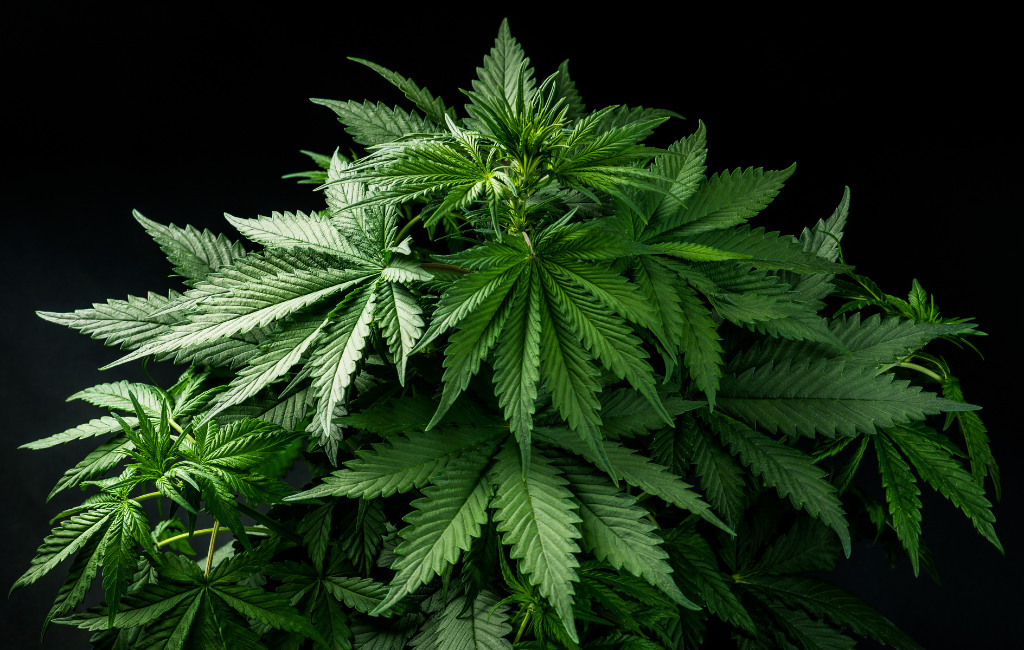The legal status of cannabis has undergone significant changes over the past few decades. With varying laws across different regions, understanding the current legal framework can be challenging. This article explores the complexities of cannabis laws, providing insights into the evolving legal environment.
Historical Context
Cannabis has been used for medicinal and recreational purposes for centuries. In the early 20th century, many countries began to regulate and prohibit its use. The United States, for instance, passed the Marihuana Tax Act in 1937, effectively criminalizing cannabis. This trend continued globally, with many nations adopting similar prohibitive measures.
The Shift Towards Legalization
In recent years, a growing number of countries and states have moved towards legalizing cannabis, driven by changing public perceptions and potential economic benefits. This shift has been influenced by:
- Increased awareness of the medicinal benefits of cannabis.
- Economic opportunities through taxation and job creation.
- Efforts to reduce the burden on the criminal justice system.
Current Legal Framework
United States
The legal status of cannabis in the United States is complex, with a patchwork of state and federal laws. While federal law still classifies cannabis as a Schedule I substance, many states have legalized its use for medicinal and recreational purposes. As of 2023, over 20 states have legalized recreational cannabis, with more allowing medicinal use.
Canada
Canada became the second country to legalize recreational cannabis nationwide in 2018. The Cannabis Act regulates its production, distribution, and sale, allowing adults to possess and cultivate limited amounts for personal use. This move has generated significant tax revenue and reduced illegal market activity.
Europe
European countries have adopted varied approaches to cannabis legislation. While some, like the Netherlands, have long tolerated its use, others are only beginning to explore legalization. Germany, for example, announced plans to legalize recreational cannabis, signaling a potential shift in European policy.
Challenges and Considerations
Regulatory Discrepancies
The inconsistency in cannabis laws across regions poses challenges for businesses and consumers. Companies operating in multiple jurisdictions must navigate differing regulations, which can complicate compliance efforts. Consumers traveling between regions may also face legal uncertainties.
Public Health Concerns
While legalization offers potential benefits, it raises public health concerns. Policymakers must address issues such as impaired driving, youth access, and the long-term health effects of cannabis use. Effective public education campaigns and research are essential to mitigate these risks.
Economic Impacts
The cannabis industry has become a significant economic driver, creating jobs and generating tax revenue. In the United States, the legal cannabis market was valued at over $20 billion in 2021, with projections suggesting continued growth. However, the industry faces challenges such as banking restrictions and market saturation.
Case Studies
Colorado, USA
Colorado was one of the first states to legalize recreational cannabis in 2012. The state has since seen substantial economic benefits, with over $2 billion in tax revenue generated by 2021. This revenue has funded education, healthcare, and infrastructure projects, demonstrating the potential fiscal advantages of legalization.
Uruguay
Uruguay became the first country to fully legalize cannabis in 2013. The government controls production and distribution, aiming to reduce illegal market activity and improve public health outcomes. While the policy has faced challenges, it offers valuable insights into state-controlled cannabis markets.
Future Directions
The future of cannabis legislation remains uncertain, with ongoing debates about the best regulatory approaches. Potential developments include:
- Increased international cooperation on cannabis policy.
- Further research into the medicinal benefits and risks of cannabis.
- Continued expansion of legal markets and innovation in cannabis products.
Conclusion
The evolving legal status of cannabis presents both opportunities and challenges. As more regions consider legalization, understanding the complexities of cannabis laws becomes increasingly important. By examining current frameworks and case studies, stakeholders can better navigate this dynamic environment and contribute to informed policy decisions.
